One million Covid-19 cases, 40 000 deaths and a dire shortage of ICU beds – SA’s shocking projections
The models – which the experts stressed were subject to change – predict, among others, that between 40 000 to 45 000 people could die from Covid-19 between June and November, and that one million South Africans would become infected.
The modelling also expected the country to surpass its intensive care unit (ICU) bed capacity by June.
The modelling was developed, in conjunction with the National Institute for Communicable Diseases (NICD), by:
- the Modelling and Simulation Hub Africa (Masha) from the University of Cape Town (UCT).
- the South African DSI-NRF Centre of Excellence in Epidemiological Modelling and Analysis (Sacema) from the University of Stellenbosch.
- the Health Economics and Epidemiology Research Office (HE2RO), consisting of experts from the University of the Witwatersrand and Boston University School of Public Health, based in the United States.
Here are the experts involved in preparing South Africa’s Covid-19 modelling:
Dr Harry Moultrie – NICD
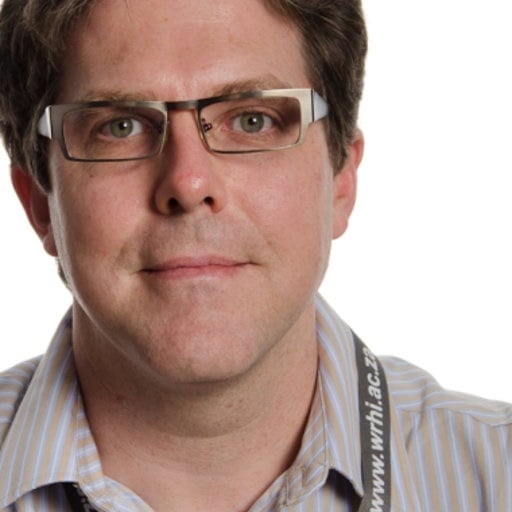


(Photo – Researchgate.net)
Moultrie, who convenes the country’s modelling consortium, is a public health surveillance and geospatial modelling expert at the NICD’s Centre for Tuberculosis.
He was tasked to set up a team of experts in March to build projections on the spread of the novel coronavirus in South Africa.
Moultrie has worked on a number of peer-reviewed journal articles on, among others, antiretroviral therapy, HIV/AIDS, and the impact of alcohol misuse on risk behaviour.
Dr Sheetal Prakash Silal – University of Cape Town
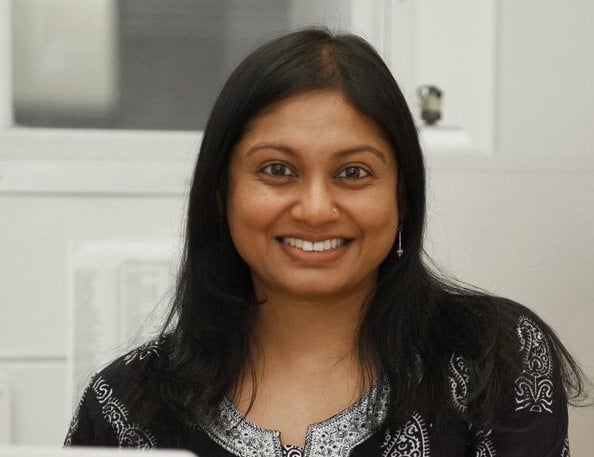


(Photo – University of Cape Town)
Silal is a senior lecturer at the Department of Statistical Sciences at UCT and heads up the university’s Modelling and Simulation Hub (Masha). She is also an honorary visiting research fellow in tropical disease modelling at the Nuffield Department of Medicine, Oxford University.
Silal’s primary area of research is the mathematical modelling of infectious diseases, using it to model the control and elimination of malaria and other infectious diseases in South Africa, sub-Saharan Africa and the Asia-Pacific region.
She was, among others, invited by the World Economic Forum (WEF) to address industry leaders, chief executives and heads of government at its IdeasLab in Dalian, China, in 2019.
Dr Juliet Pulliam – University of Stellenbosch
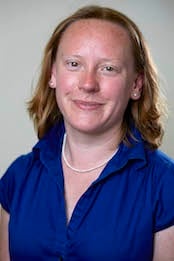


(Photo – SACEMA)
Pulliam is the director of Sacema and a professor of Applied Mathematics at Stellenbosch University.
Before joining Sacema in 2016, she was a faculty member at the University of Florida in the United States, where she was the inaugural director of the International Clinics on Infectious Disease Dynamics and Data (ICI3D) Programme.
Pulliam received her PhD in Ecology and Evolutionary Biology from Princeton University in 2007.
Her research focuses on approaches to infectious diseases, with a particular focus on vector-borne diseases, such as Ebola.
Dr Gesine Meyer-Rath – University of Witwatersrand



(Photo – HE2RO)
Meyer-Rath is a physician, health economist, and infectious disease modeller, with 14 years’ experience in economic evaluations of healthcare interventions, particularly on the economics of HIV and antiretroviral treatment in low- and middle-income countries.
She is a research assistant professor of International Health at the Boston University Centre for Global Health & Development, and joined HE2RO in 2009.
Before she joined HE2RO, she worked at the paediatrics department of Charité University Hospital in Berlin, and as a researcher at the London School of Hygiene and Tropical Medicine and the Reproductive Health. She has published over 40 peer-reviewed articles.
Dr Brooke Nichols – Boston University School of Public Health
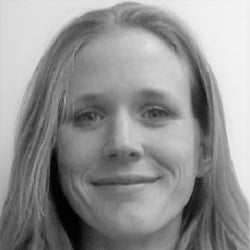


(Photo – HE2RO)
Nichols is a health economist and infectious disease mathematical modeller, who joined HE2RO in 2017, and is an assistant professor in Global Health at Boston University in the United States.
Her research focuses on the modelling and economic evaluation of treatment as prevention and pre-exposure prophylaxis, and geospatial modelling for efficient resource allocation.
Nichols holds a Master of Science in Epidemiology from the University of Massachusetts Amherst, in the United States, and a PhD from the Erasmus Medical Center in Rotterdam, Netherlands, on the economic and infectious disease modelling of HIV prevention strategies.
Lise Jamieson – University of Witwatersrand
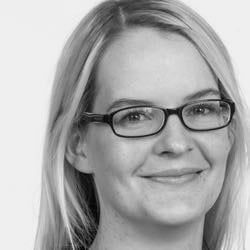


(Photo – HE2RO)
Jamieson joined HE2RO in 2015, and is a researcher at the University of Witwatersrand. She holds a Master of Science in Statistics from the University of KwaZulu-Natal.
She has worked for over nine years as a biostatistician at the AIDS research centre Caprisa in Durban, and has published a number of peer-reviewed journal articles on, among others, drug-resistant tuberculosis, and the treatment of HIV/AIDS.
Dr Zaid Kimmie – CSIR
Kimmie is a statistician and group manager for planning at the Council for Scientific and Industrial Research (CSIR). He has also been a programme manager at the Foundation for Human Rights for the past two years.
Kimmie holds a Master’s in Public Health from Harvard University, in the United States, and a doctorate in Mathematics from UCT.

